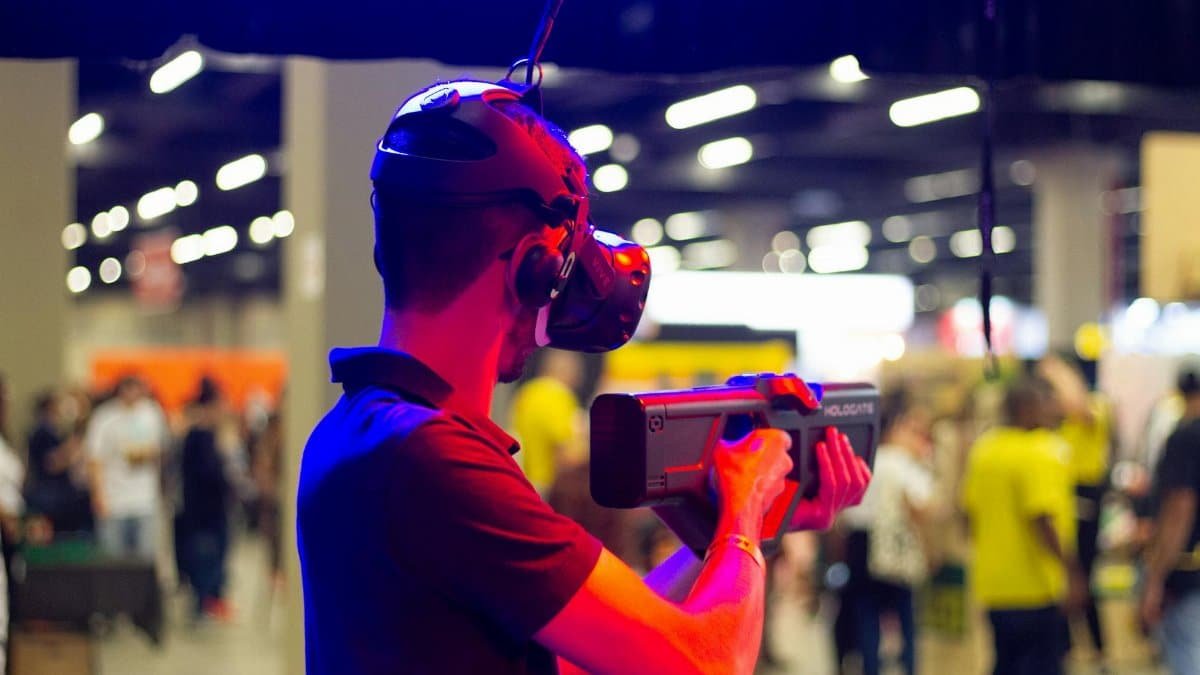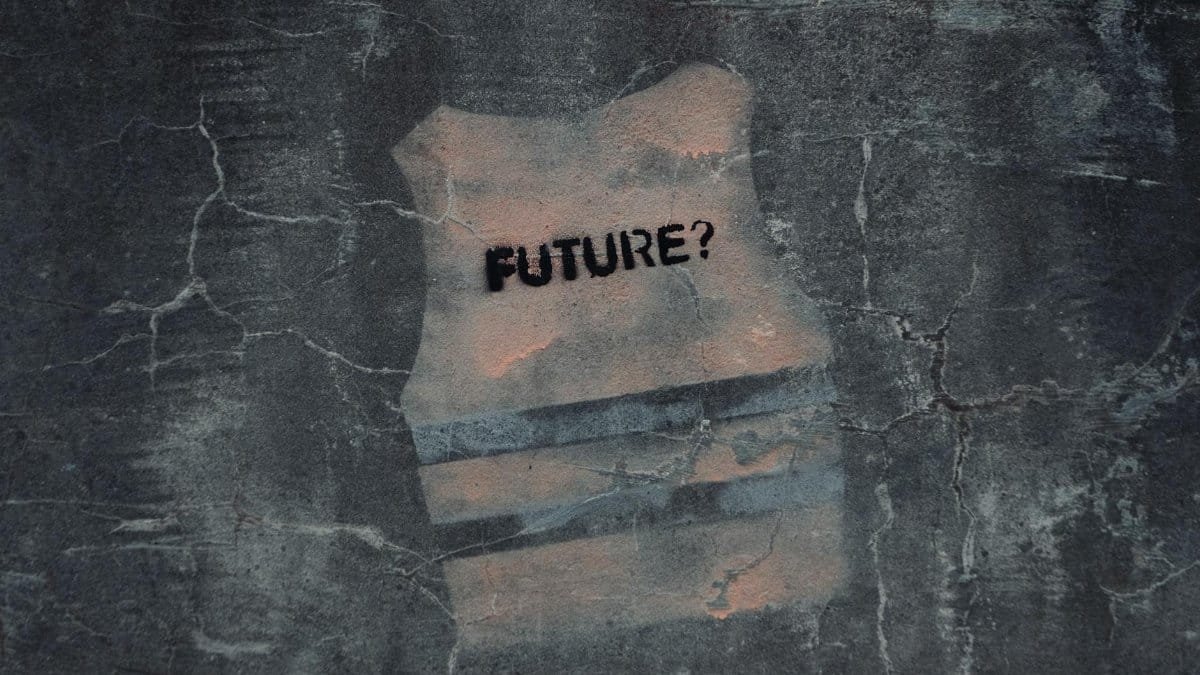In a groundbreaking move, Tucson, AZ, is becoming a hub for innovative relationship therapy as the Sonoran Relationship Institute rolls out virtual reality (VR) headsets designed to foster empathy. Simply put, Tucson VR empathy couples therapy is a new approach allowing partners to literally see through each other’s eyes during conflicts. Announced on April 27, 2025, this technology lets couples step into recorded perspectives, offering a fresh way to address misunderstandings. It’s a bold step forward in mending bonds, and early results are already turning heads.
A New Frontier in Relationship Therapy

The Sonoran Relationship Institute in Tucson has introduced a cutting-edge tool to help couples navigate their toughest moments. Using VR headsets, partners can experience a conflict from the other’s point of view by accessing recorded perspectives. This isn’t just a gimmick—it’s a deliberate attempt to break down emotional walls. By immersing themselves in their partner’s experience, couples gain a deeper understanding of hidden feelings and reactions that often go unspoken during heated exchanges.
How the VR System Works

The technology behind this initiative is as fascinating as it is practical. Partners record their perspectives during a disagreement using specialized equipment provided by the institute. Later, through VR headsets, each person can “step into” the other’s recorded viewpoint, seeing and hearing the conflict as their partner did. This immersive experience aims to reveal nuances in tone, body language, and emotional context that might be missed in the heat of the moment, fostering a new level of connection.
Promising Results from Pilot Program

The institute’s pilot program, involving 50 couples, has yielded striking outcomes. After participating in VR empathy sessions, these couples reported a 40% drop in post-session resentment scores. This measurable reduction suggests that seeing a conflict from the other side can significantly soften lingering negativity. While the full implications are still under study, this early data points to a powerful tool for relationship repair, especially for those stuck in cycles of misunderstanding.
Scientific Backing on the Horizon

Researchers at the University of Arizona (UA) are taking a closer look at the long-term effects of this VR therapy. Psychologists at the university are set to publish findings later in 2025, focusing on how the technology impacts attachment styles among couples. Their upcoming study promises to shed light on whether this empathy-driven approach can create lasting changes in how partners relate to each other, potentially reshaping therapeutic practices nationwide.
Why Empathy Matters in Relationships

Empathy has long been recognized as a cornerstone of healthy relationships, but cultivating it during conflict is often easier said than done. The Tucson VR empathy couples program tackles this challenge head-on by using technology to bridge emotional gaps. Experts at the Sonoran Relationship Institute believe that experiencing a partner’s perspective firsthand can dismantle assumptions and foster compassion, addressing root causes of discord rather than just surface-level symptoms.
Broader Implications for Therapy in 2025

As mental health and relationship therapy continue to evolve, innovations like this VR program highlight a growing trend toward technology-driven solutions in the U.S. With couples increasingly seeking novel ways to strengthen their bonds, Tucson’s experiment could set a precedent for other clinics. The integration of VR into therapeutic settings also aligns with broader 2025 trends emphasizing personalized, immersive care, as noted in recent reports from institutions like the American Psychological Association.
Challenges and Future Questions

While the early success of the program is encouraging, questions remain about its scalability and accessibility. VR equipment isn’t cheap, and not every couple may feel comfortable with such an intimate use of technology. Additionally, the long-term emotional impact of reliving conflicts through VR is still unknown. As the UA study progresses, therapists and researchers will need to weigh these factors to ensure the approach remains both effective and ethical for widespread use.
Context in Modern Relationship Dynamics

Relationship challenges in the U.S. have been under scrutiny, with rising divorce rates and stress-related conflicts often cited in studies by organizations like the Pew Research Center. Against this backdrop, the Tucson VR empathy couples initiative offers a glimmer of hope. By leveraging technology to address emotional disconnects, the program taps into a critical need for innovative tools that can help partners rebuild trust and understanding in a fast-paced, often isolating world.
